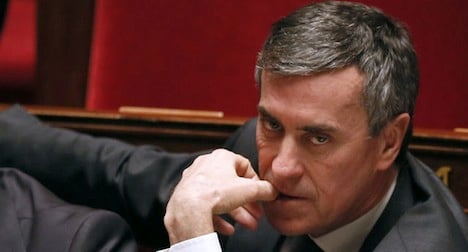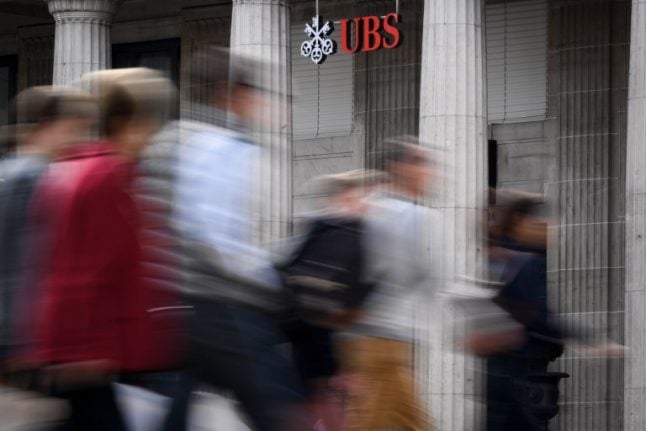Le Temps said a probe by justice officials at two banks, the giant UBS and lesser-known Reyl et Cie, confirmed that Cahuzac had indeed held an account in Switzerland, a fact he had denied repeatedly until finally admitting Tuesday that he had lied.
Cahuzac is at the centre of an explosive tax evasion scandal in France which has forced the Socialist government of President François Hollande on to the defensive, even though he quit as budget minister on March 19th after being charged.
Prosecutors in Geneva acted on a March 12 request for legal assistance from France.
"The banks cooperated, and they are not incriminated, because at the end of the day they haven't done anything criminal," prosecutor Jean-Bernard Schmid told Le Temps, declining to give further details.
"They simply answered our questions and we found what we were looking for."
According to French media, Cahuzac opened an account at UBS in the early 1990s, and closed it in 2000, transferring his funds to Reyl et Cie, which
focuses on clients who are not Swiss residents.
In 2010, he allegedly transferred his money from Reyl et Cie's Geneva branch to one on Singapore.
"On the basis that Swiss legislation on judicial cooperation requires the person under investigation to be informed, Mister Cahuzac's lawyer had access to the files," Schmid said.
"He therefore learned what we had found and apparently decided to draw his own conclusions," he said.
"But we haven't handed over any details to French justice authorities yet and haven't opened a criminal investigation in Switzerland."



 Please whitelist us to continue reading.
Please whitelist us to continue reading.
Member comments